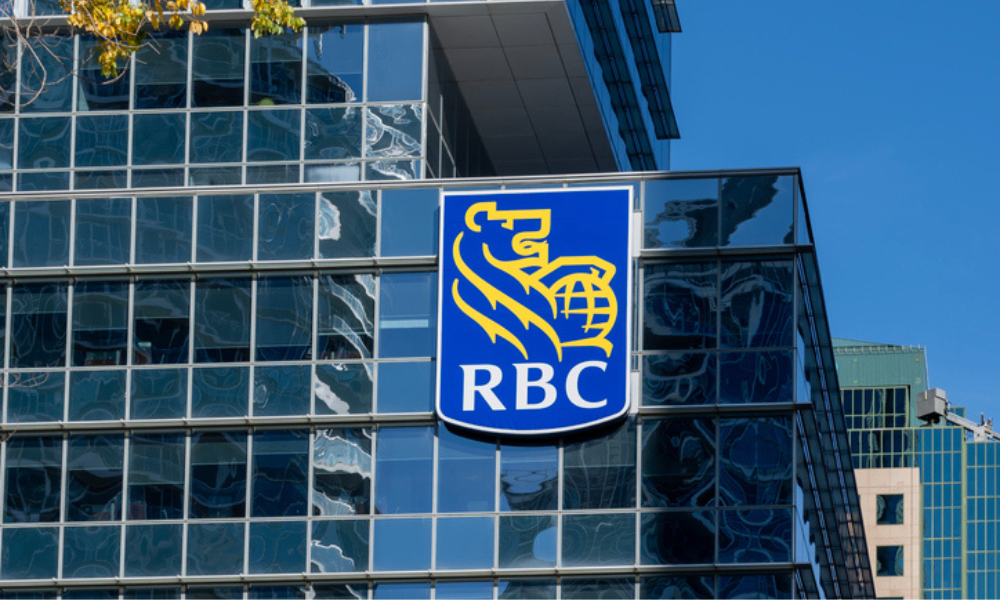Amended law exposes firms to lawsuits over vague or unverifiable environmental claims

Royal Bank of Canada (RBC), the country’s largest lender, has walked away from its sustainable finance goal, citing newly expanded legal risks under Canada’s Competition Act as a key reason.
The move, announced in the bank’s 2024 Sustainability Report, marks a major retreat from earlier public climate finance commitments, including its pledge to facilitate $500 billion in sustainable finance by 2025.
The bank said changes to the law have raised the bar for what it can publicly disclose about its environmental performance.
"Recent amendments to Canada's Competition Act limit the information we can share on certain sustainability disclosures and the progress we are making and have restricted our ability to publicly report on several metrics," RBC said in a statement.
The legislation, updated last year, was designed to address greenwashing by cracking down on unsubstantiated environmental claims made by businesses. Under the new provisions, claims about sustainability, environmental impact, and product performance must be scientifically verified and backed by evidence.
Previously, enforcement of deceptive practices fell solely under the jurisdiction of the Competition Bureau, and private legal access was limited to issues such as tied selling or market restrictions. The 2023 amendments broaden that scope to include marketing practices, including environmental advertising, effectively opening the door to lawsuits over vague or unverifiable green claims.
The law now also allows third parties, including competitors and advocacy groups, to directly challenge environmental claims at the Competition Tribunal.
RBC said that while it had developed a methodology for calculating its energy supply ratio, which compares financing for low-carbon energy projects against fossil fuel funding, it could no longer publicly disclose the figure. The metric will continue to be tracked internally.
"We have reviewed our methodology and have concluded that it may not have appropriately measured certain of our sustainable finance activities as presented on a cumulative basis," RBC explained in the report, confirming it would no longer report progress against the $500 billion target.
The bank said its updated climate strategy remains an “action-oriented plan,” though it declined to outline new targets.
The bank, along with US peers Citigroup and JPMorgan, had previously agreed to disclose that ratio after an agreement with the New York City Comptroller. But with RBC now backing away from public reporting, the spotlight has turned toward Prime Minister Mark Carney, who was elected just days earlier.
RBC’s move comes after it and several other large banks exited the Net-Zero Banking Alliance, a United Nations-backed initiative originally launched by Carney to push climate finance alignment with the Paris Agreement.
Climate advocacy groups are now calling on Carney’s government to respond.
"The banks are not showing leadership ... so the ball is in Carney's court to step in and take action," said Richard Brooks, climate finance director at Toronto-based group Stand.earth.
Read next: Climate risk score for Canadian real estate in works
Environmental campaigners fear that banks are capitalizing on a shifting political climate, particularly under US president Donald Trump, to back away from prior decarbonization efforts.
Make sure to get all the latest news to your inbox on Canada’s mortgage and housing markets by signing up for our free daily newsletter here.



